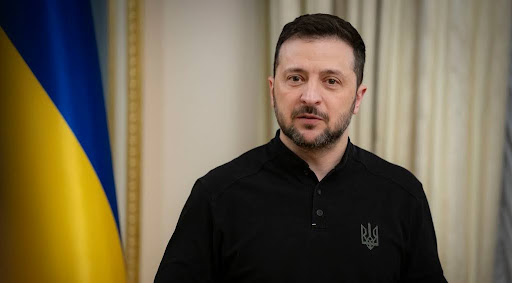By converging on Washington, European leaders are sending a clear “no blank cheque” signal to the White House. Their message is that while the US is a crucial partner, Europe will not blindly endorse a peace plan for Ukraine that compromises its own security and violates international law.
This “bodyguard” mission for Volodymyr Zelenskyy is an assertion of Europe’s stake in the conflict’s outcome. The leaders are in DC to ensure that the continent’s voice is heard and its interests are protected, countering any attempt by Donald Trump to forge a unilateral deal with Russia over their heads.
German Chancellor Friedrich Merz has been explicit about this, warning against decisions made without consulting Ukrainians and Europeans. His stance reflects a broader sentiment that Europe, which bears the immediate consequences of instability on its eastern flank, must be a central party in any peace negotiation.
This assertion is backed by the EU’s economic power, represented by Ursula von der Leyen, and NATO’s military significance, embodied by Mark Rutte. Their collective presence transforms the dynamic, making it clear that a lasting peace requires a transatlantic consensus, not an American dictate.

